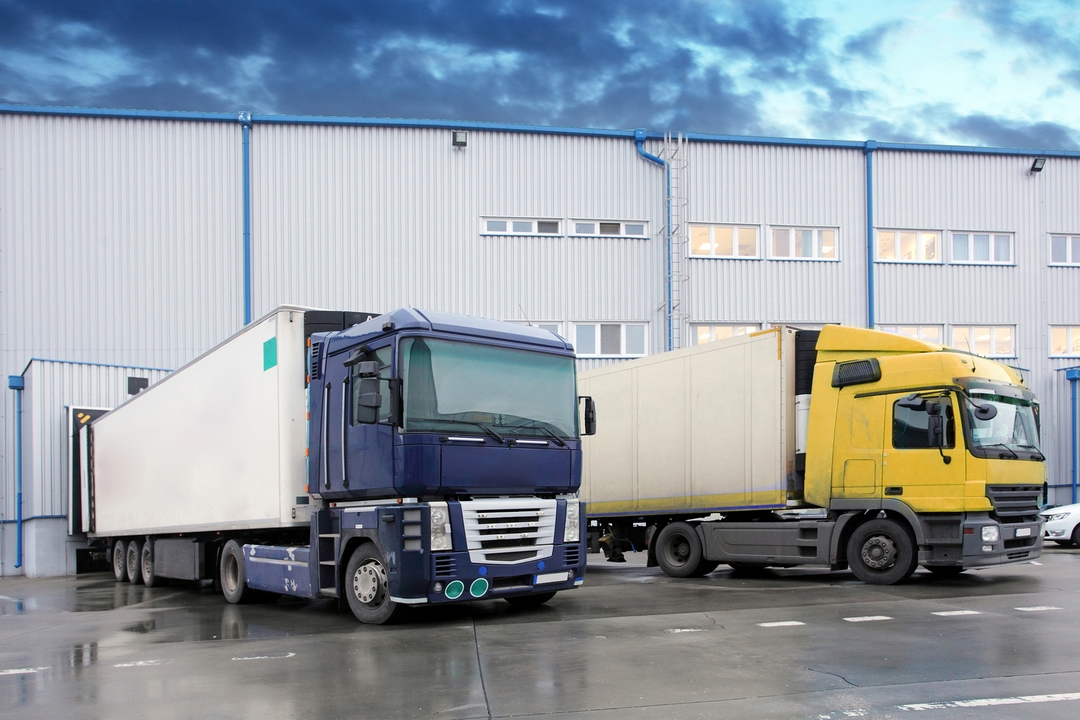Trucking companies are a valued part of not just our transportation industry, but of our overall economy as well. Take a look at any highway or byway in Canada and you will see the contribution that trucking companies make. They transport supplies to factories and finished goods and products to market. Without trucking companies, our supply chain would crumble and store shelves would be empty.
1. History of trucking in Canada

Trucking companies have been engaged in Canada’s economy since the introduction of the first motorized vehicles. Starting with larger models of the first popular cars, trucks soon became a regular feature on the route from the farm or factory to people’s homes and the marketplace. After the start of the Second World War the manufacture of trucks rapidly expanded to support the war effort.
However, that mode of transportation proved so popular that companies continued that expansion after the war. One big leap forward was the development of the Trans Canada Highway which began in 1949 and was finally completed from coast to coast in 1971.
2. Trucking and the economy

Today, trucking as a means of transporting goods across Canada is as important as ever. According to Statistics Canada the overall transportation sector represented 4.2 percent of the total Canadian economy. That amounted to over $53 billion dollars a year. Trucking companies and truck transportation represented the largest segment of all transportation services and accounted for 31% of the sector’s share of GDP.
By comparison, air made up 12 percent while rail only 11 percent. That means that three times as many goods were transported by trucking companies that any other mode of transportation.
3. Trucking and logistics

Canadian trucking companies serve the economy by taking large quantities of raw materials and finished goods over our large expanse of road networks. But they also provide a valuable service to the construction industry in the form of dump trucks and portable concrete mixers hat are used to move vast amounts of rocks, dirt, concrete, and other building materials used in construction.
They also support the movement across land of tools required for manufacturing as well as for storage, warehousing and other logistical elements of the supply chain in Canada.
4. Working in the trucking industry

To operate a truck in Canada you need a valid Commercial Vehicle Motor Vehicle license issued by one of the provincial or territorial departments of transportation or licensing bureaus. There is a road test required to obtain this license and that is administered as well by the license granting department or agency.
Once a person has obtained this license, they can either work on their own as an independent driver and purchase or lease their own vehicle. Or they can seek employment as a driver for any number of short and long-haul trucking companies.
5. Becoming a professional truck driver

Commercial truck drivers make pretty good money in Canada when they are employed on a full-time basis by a trucking company or consortium. They have great flexibility in the number of hours they work and the routes they can choose, especially after they have completed a probationary period with an employer.
Drivers are expected to follow all of the rules of the road, to adhere to the regulation governing the maximum number of hours they can work and drive. They also have to follow any other local, provincial or federal regulations regarding the transportation of certain hazardous materials and chemicals and may have to undertake additional training to work in this area.
People who work in the trucking industry in Canada swear that there really is no life like it. trucking companies are always looking for reliable and trustworthy drivers. If you think you have what it takes, it might be the career for you.

